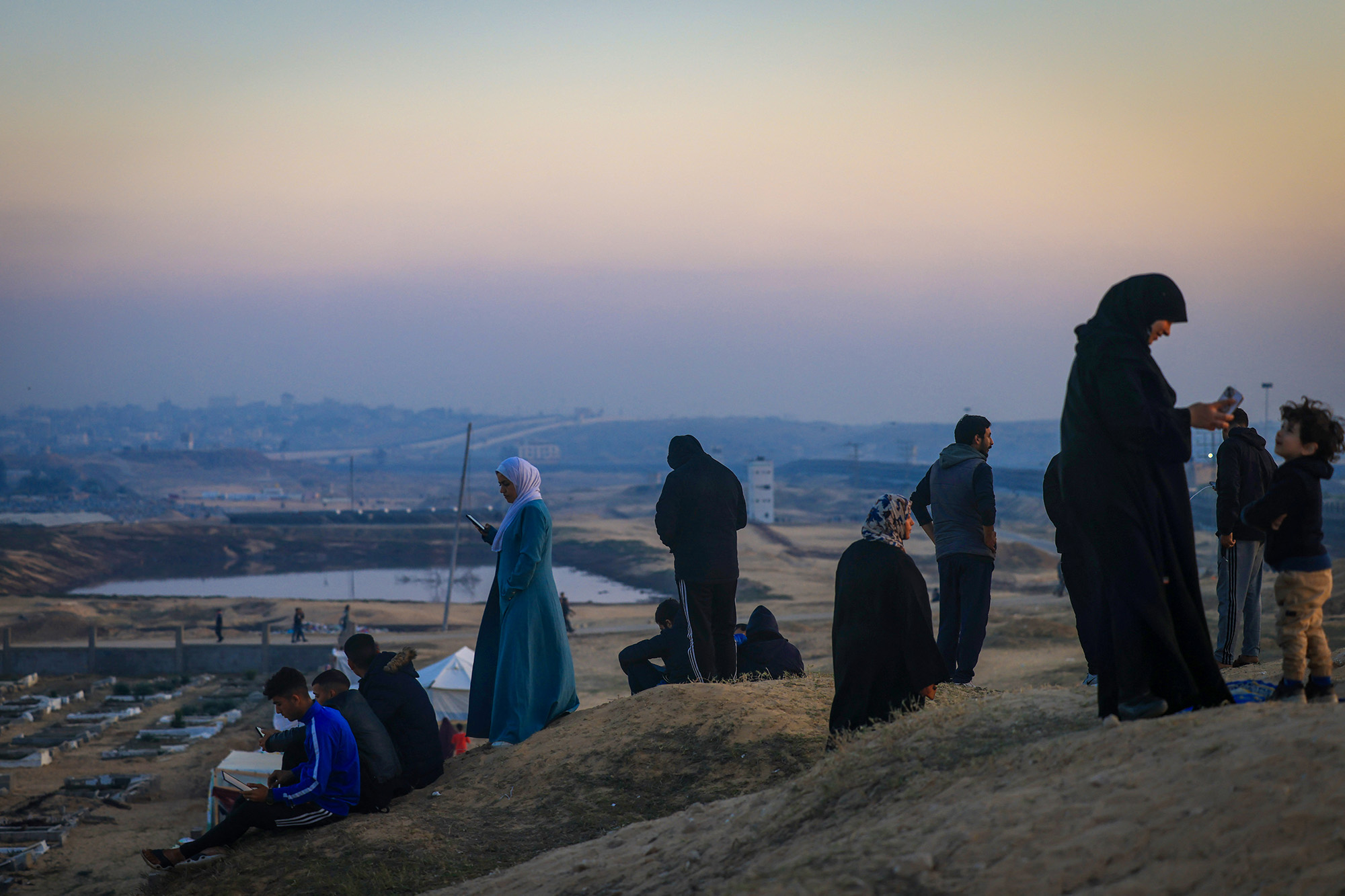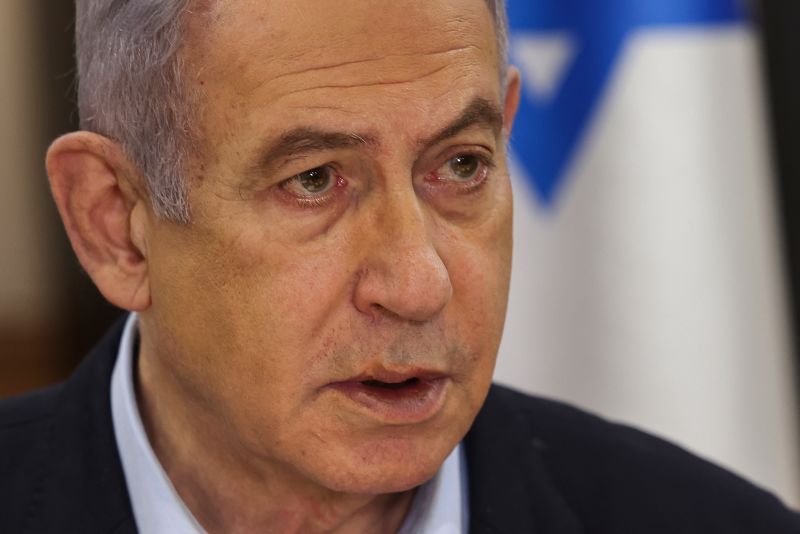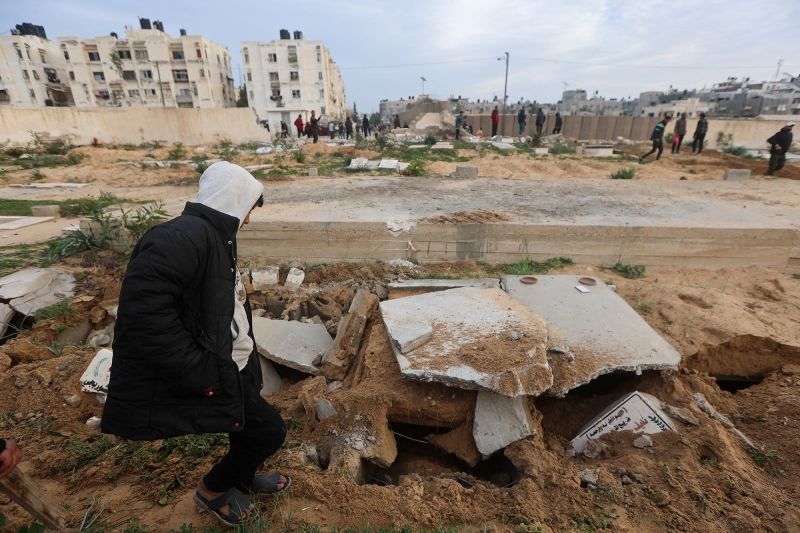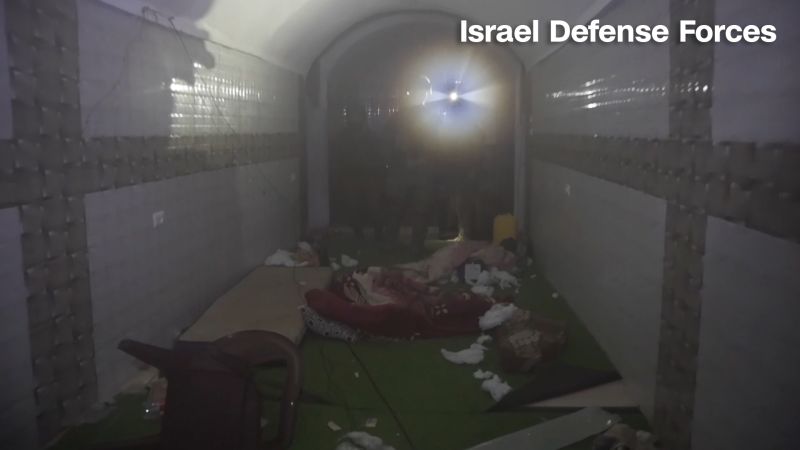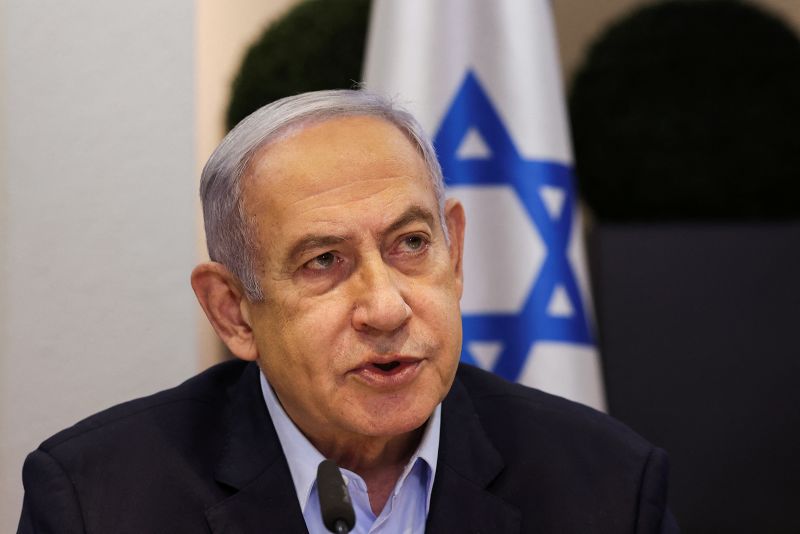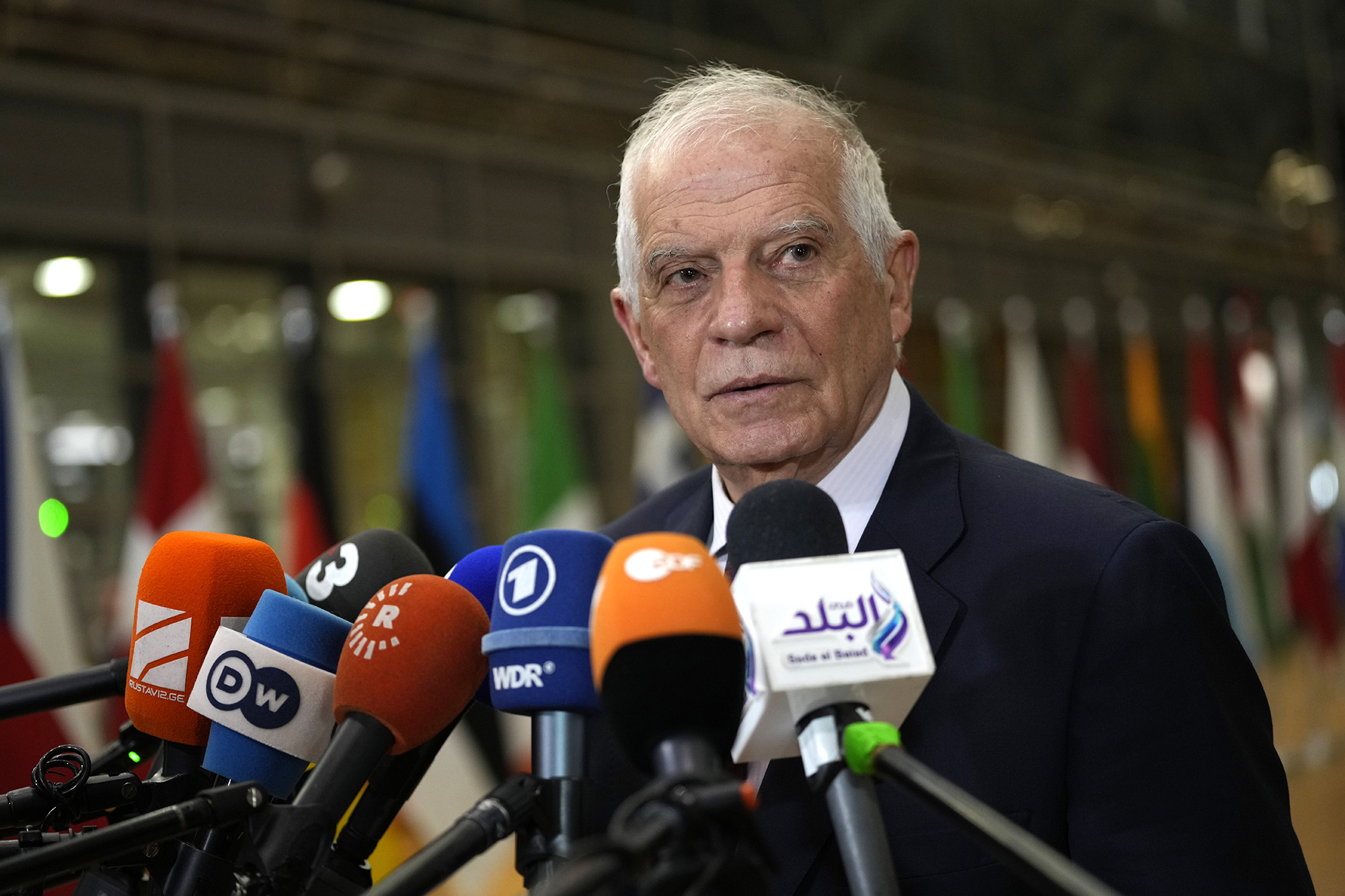
The Israeli government’s opposition to a two-state solution is “unacceptable” and Israel cannot expect countries to drop the issue, the European Union’s foreign policy chief said Monday.
“It’s unacceptable [for Israel] to say I don’t want this solution,” Josep Borrell told reporters ahead of a meeting of EU and Middle East foreign ministers in Brussels, adding, “the whole international community is behind" a two-state solution.
Israel’s Prime Minister Benjamin Netanyahu has repeatedly rejected calls from the international community for a two-state solution, but Borrell questioned what alternatives remain.
“Which are the other solutions they have in mind? To make all the Palestinians leave? To kill off them?” Borrell asked. He said a two-state solution with an independent Palestinian state is the ultimate goal of the 27 members of the EU.
Borrell said that Hamas is part of the problem but that the way Israel has been trying to destroy the militant group was “certainly” wrong and was seeding hate “for generations.”
Israel Foreign Minister Israel Katz and his Palestinian Authority counterpart are attending the meeting in Brussels.



